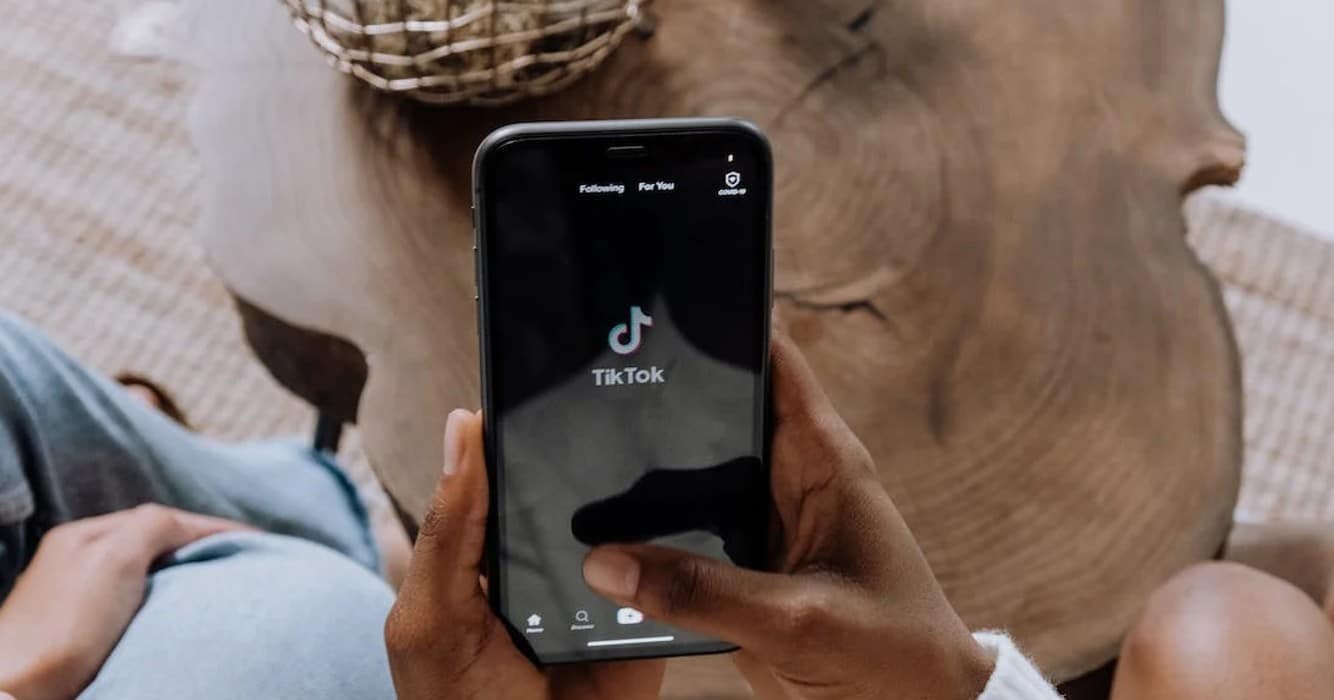2020 saw controversy surrounding the well-known social media app TikTok as the US government sought to outlaw it on worries about data security. Because the app was owned by a Chinese firm, there were worries that user data would be gathered and sent to the Chinese government. As a result, the US authorities demanded that the parent company of the app, ByteDance, divest from its US activities.
Lingering Problems

A social networking software called TikTok enables users to make quick films and share them with others. The Chinese business ByteDance created the software, which swiftly gained popularity in the US, especially among young people. Though soon questions regarding the app’s ownership and data security surfaced. Secretary of State Mike Pompeo stated that TikTok might be prohibited in July 2020 due to worries that the Chinese government might use it to gather information on Americans. Later, under the banner of national security, President Trump announced executive orders that would prohibit WeChat, another Chinese-owned app, as well as TikTok.
Others’ Thoughts

Many people, particularly young ones who had embraced the app, criticized the intended prohibition. Using the hashtag #SaveTikTok, users of the app started a movement to save it. They contended that a ban would violate their right to free speech and that the software did not pose a threat to national security. In response to public criticism, the American government temporarily lifted the ban and started talks with ByteDance about ownership of the app. President Trump issued an executive order in August 2020 requiring ByteDance to cease all U.S. operations within 90 days. The injunction expressed worries about data security and the potential for misinformation campaigns using the app.
The tech sector as well as U.S.-China relations will be significantly impacted by the proposed divestment. It represents a heightened level of scrutiny for Chinese businesses doing business in the US and would discourage further investments. It also calls into question the U.S. government’s responsibility in policing the tech sector and preserving national security.
Finally, the threat by the American government to outlaw TikTok brings up crucial issues about data protection and national security. The need that ByteDance sell off its American operations marks a new degree of scrutiny of Chinese businesses doing business in America and could have significant repercussions for the tech sector. As technology develops, it is crucial that we remain aware of the advantages and disadvantages of these platforms and seek to come up with solutions that strike a balance between personal freedoms and national security.


